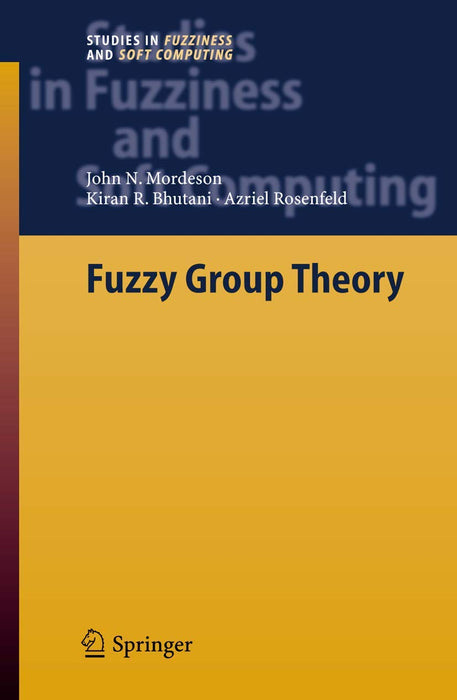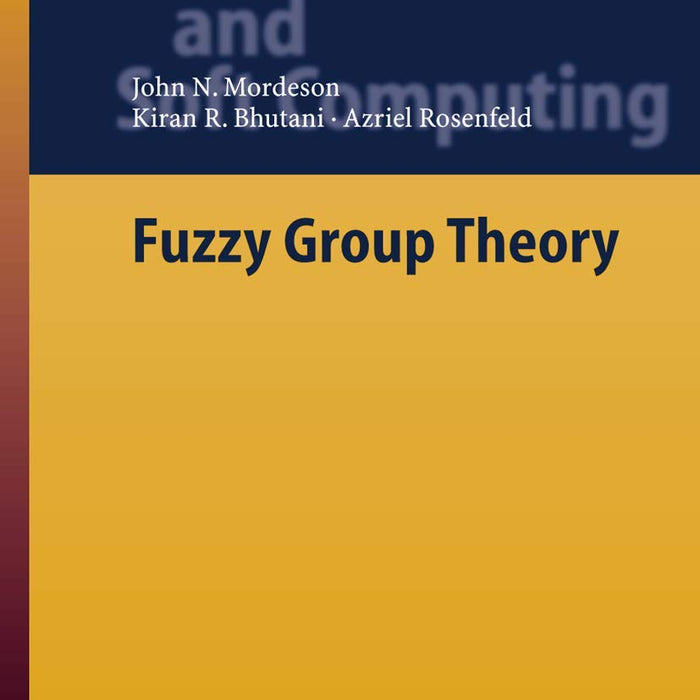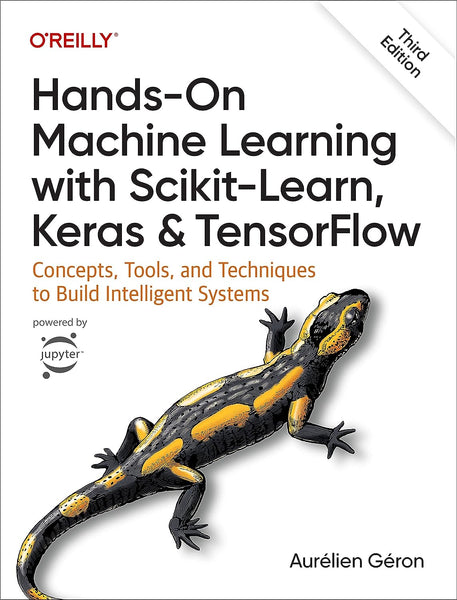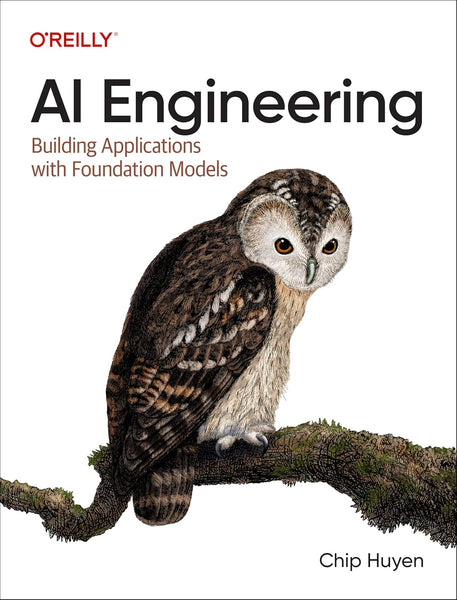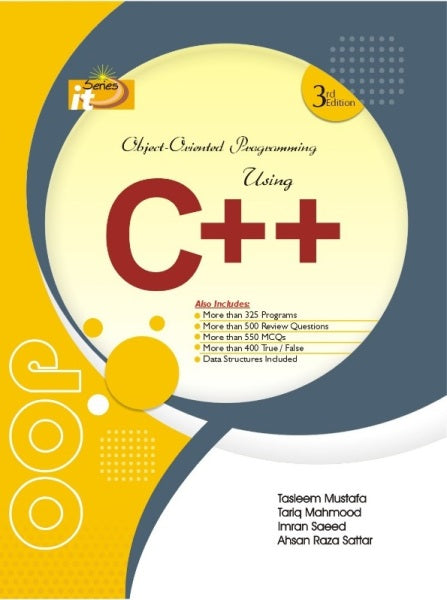Fuzzy Group Theory by John N Mordeson (Author)
- Publisher: MATHEMATICS
- Availability: In Stock
- SKU: 29380
- Number of Pages: 311
Rs.710.00
Rs.995.00
Tags: best books , Best Price , Best Selling Books , Fuzzy Algebraic Structures , Fuzzy Group Theory , Fuzzy Group Theory Applications , Fuzzy Group Theory by Azriel Rosenfeld , Fuzzy Group Theory by John N Mordeson , Fuzzy Group Theory by Kiran R Bhutani , Fuzzy Group Theory Studies , Fuzzy Group Theory Studies in Fuzziness and Soft Computing , Fuzzy Groups in Computing , Fuzzy Logic in Group Theory , Fuzzy Mathematics , Fuzzy Set Theory , Fuzzy Set Theory and Group Theory , Fuzzy Systems in Group Theory , Group Theory and Fuzzy Logic , Mathematical Fuzzy Group Theory , ONLINE BOOKS , Online Bookshop , Soft Computing and Fuzzy Logic
"Fuzzy Group Theory" by John N. Mordeson, Kiran R. Bhutani, and Azriel Rosenfeld is a comprehensive exploration of group theory within the context of fuzzy set theory. This book introduces the concept of fuzzy groups, an extension of traditional group theory that incorporates the notion of fuzziness in the algebraic structure of groups. The authors discuss the foundations of fuzzy sets, fuzzy relations, and fuzzy logic, and demonstrate how these principles can be applied to group theory. The text not only covers the theoretical aspects of fuzzy groups but also explores their applications in areas like computer science, cryptography, and decision-making. With numerous examples and exercises, this book serves as a valuable resource for advanced students, researchers, and professionals interested in the intersection of algebraic structures and fuzzy logic.
Keypoints:
-
Introduction to Fuzzy Groups: Provides a detailed introduction to the concept of fuzzy groups, which extends classical group theory by allowing fuzzy membership in group elements.
-
Fuzzy Set Theory in Group Theory: Explains how fuzzy set theory is integrated into group theory, enabling a more flexible approach to algebraic structures where membership is not necessarily crisp but fuzzy.
-
Mathematical Foundation: Covers the mathematical principles behind fuzzy groups, including fuzzy operations, fuzzy equivalence relations, and fuzzy homomorphisms, with rigorous proof structures.
-
Applications in Cryptography: Demonstrates how fuzzy groups can be applied to cryptographic systems, where uncertainty and vagueness are inherent in some of the processes, enhancing security protocols.
-
Decision-Making Systems: Highlights the role of fuzzy group theory in decision-making, particularly in systems where decisions are based on imprecise or uncertain information, such as in expert systems and AI.
-
Fuzzy Group Operations: Focuses on the various operations in fuzzy groups, including fuzzy multiplication, inverse elements, and the fuzzy identity element, which are crucial to their functioning.
-
Advanced Fuzzy Algebra: Explores advanced topics in fuzzy algebra, such as fuzzy subgroups, fuzzy quotient groups, and their properties, which further extend traditional group theory.
-
Real-World Applications: Shows how fuzzy group theory can be applied in real-world scenarios like image processing, pattern recognition, and data analysis, where precision is not always possible.
-
Cross-disciplinary Impact: The book emphasizes the interdisciplinary applications of fuzzy group theory, particularly in fields such as artificial intelligence, computer science, and optimization.
-
Practical Exercises and Examples: Includes numerous examples, exercises, and problems to reinforce the theoretical concepts, making it an excellent tool for students and researchers.
Conclusion:
"Fuzzy Group Theory" provides a thorough examination of group theory in the fuzzy context, offering valuable insights into how fuzziness can be integrated into algebraic structures. The book is ideal for advanced students and researchers in mathematics, computer science, and fields that apply group theory, as it not only covers foundational theory but also highlights practical applications in areas like cryptography and decision-making. By merging classical algebraic structures with fuzzy logic, this book presents a unique approach to solving problems in uncertainty and vagueness, making it a crucial resource for those interested in the evolving field of fuzzy mathematics.
════ ⋆★⋆ ═══
Writer ✤
John N Mordeson (Author), Kiran R Bhutani (Author), Azriel Rosenfeld (Author)

